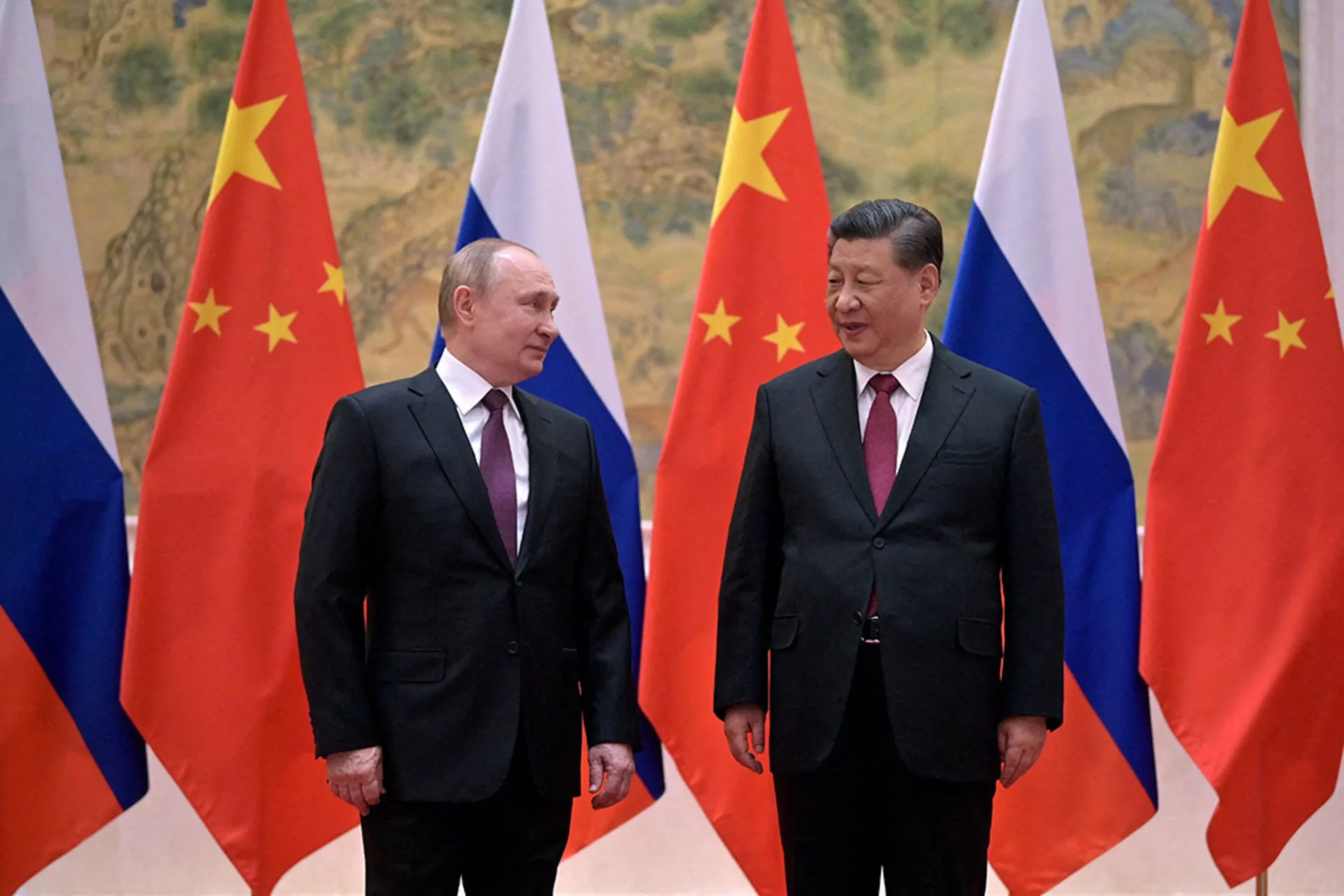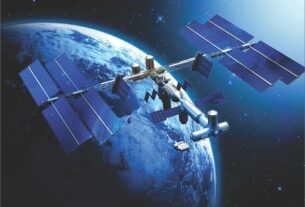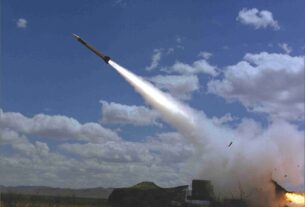Will Russia-China absence impact G20 outcome?
Indian Government is confident that the outcome of the G20 Summit will not be impacted despite the decision by the leaders of Russia and China to skip the event hosted by New Delhi.
But it indicates the deeply rooted global dynamics of power play and rather this Summit could draw the much needed attention about Global South – which consists of developing nations. Out of 20 members, India has strong support from 16 countries.
Many top officials within the Indian Government are of the opinion that both Russian President Vladimir Putin and Chinese President Xi Jinping along with US President Joe Biden may have distracted the broad agenda pursued by India.
“The whole attention would have gone for military and political issues which are grappled for last one year such as Ukraine war. Most non-political yet important global issues may have faced utter negligence,” remarked a senior official associated with G20 preparations.
Experts are divided over the impact of absence of Russian-Chinese leaders which will have on the outcome of the G20 summit, gong by the fact that the world is getting polarized into two different camps.
Though some believe that the absence of Asia’s two biggest leaders at the summit will leave a dent in India’s ambitious image, others differ and supports this decision citing India will rather have an upper hand and benefit immensely.
Even the MoS, External Affairs. Meenakshi Lekhi has recently confirmed that “Xi and Putin skipping the G20 summit will not have any impact on the outcome of the summit as the declaration that will be issued at the end of the summit is mostly prepared, and it is the countries’ prerogative who they want to send.”
Both countries are sending their representation at the summit. While Premier Li Qiang will lead China’s delegation, the Russian delegation will be led by Russia’s veteran Foreign Minister Sergey Lavrov.
Alexander Somanov, a Russian expert on global geopolitics, said that Russian President Putin has been avoiding public meetings since it started its military operations in Ukraine.
Putin knows that if he personally attends the G20 summit, the whole agenda of the conclave will be taken over by the Ukraine crisis, by the Western countries, and it will be a disaster for the image of India, which is trying to harbour the ambition of presenting India’s leadership at the global level as the next Asian Power, Somanov added.
Therefore, Putin personally made a phone call to PM Narendra Modi and informed of his decision to skip G20 summit. The intent of Russia seems genuine as during the call Putin congratulated Modi on the Chandrayaan mission, and the two sides also confirmed their readiness to further develop bilateral space cooperation.
Putin skipping G20 summit has nothing to do with the India-Russia bi-lateral relationship and it will not be impacted, but somewhere it has definitely to do with Russia’s relations with the G7 and the collective West.
India has been advocating that the only way forward to reduce tensions is dialogue and diplomacy and it does not want its G20 summit to be hijacked by only Russia-Ukraine crisis. So in a way Putin’s absence will be a blessing in disguise for India.
On the other hand, Xi Jinping’s decision to skip the G20 summit reflects his insecurities regarding India’ rising global position and China’s demand for special treatment at every event. Indeed, Jinping had also insisted in a similar fashion to attend Bali event during last G20 meeting where he kept the host guessing till the last minute about hiss attendance.
It is only after Indonesia succumbed to Chinese demands for giving access to metal mining rights to Chinese companies and cleared a rail project – which is now embroiled in bribery scandal – Jinping had agreed to participate.
At one level, China always boasts that India-China are the two largest and oldest civilizations of the world and that is a reason good enough for both to co-exist and develop together. But when it comes to action on the ground, China’s actions does not match its hollow words.
Jinping has least interest in participating at an event aimed at bolstering the global profile of its rival country India which challenges Chinese hegemony be it at Line of Actual Control or in the Indo-Pacific region.
Had Jinping attended the summit, China would have got a better chance for in – person dialogue to discuss about India-China bilateral issues along with its trade ambitions with the leadership of other G20 members like Argentina and Saudi Arabia, with whom China is trying to boost its strategic relations.
China’s intent over India’s G20 leadership has always been doubtful. It has been playing a spoilsport for India on many occasions since latter has taken over the G20 presidency as Beijing wants to bog down India in border disputes to drain off its energy and resources.
China has been uncomfortable with India’s strong protest over its recently released ‘standard map’ laying territorial claim over Arunachal Pradesh, Aksai Chin as well as Taiwan and the South China Sea. Some experts feel that Beijing’s calculation was that since India is hosting the G20 and it wants Jinping to participate, India will keep quite.
Further issues have also risen over trade as well as investment and India’s growing strategic ties with United States, which China considers a potential threat to its superpower ambition. However, India’s approach to include Global South in the G20 event has mustered tremendous support from most members, including Russia.
But all these issues are not going to affect G20 summit as under PM Modi’s leadership India has gained immense trust and all major global leaders are now looking forward to forge a strong bond with India.
“It is high time to understand that G20 is not a political body. It is not mandated to address political or security issues. Its primary mandate is finance and economic development,” said a senior official.
China and Russia skipping the summit will not overshadow the main agenda of the summit which is to find solutions to several key global issues including digital transformation, climate financing, Sustainable Development Goals (SDGs), and food security among others.




